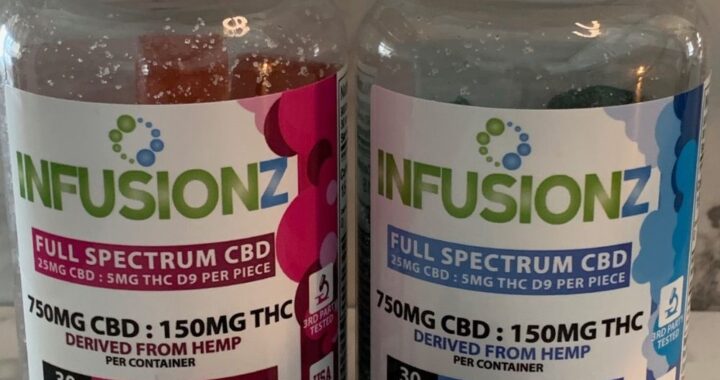What To Say To Someone Who Is Newly Diagnosed With Multiple Sclerosis

While I don’t particularly love having multiple sclerosis (at all), I love talking to other people with MS, I love writing articles for people with MS, I love spending my time seeing what researchers are doing to try to solve problems and stop disease progression for people with MS. I love it when other MSers agree with me and I love it when they challenge me. I love the dark humor that most of us acquire after living with multiple sclerosis for awhile, as we compare the frequency of our nighttime bathroom trips or the time that we put the ice cream away in the pantry.
That said, I am always amazed by my reaction when someone tells me that they were just diagnosed with MS and looks at me expectantly. I always get that “deer in the headlights” feeling of not quite knowing what to say (much like when your best friend tells you that she is considering naming her baby daughter Eunice and asks your opinion).
On the one hand, I have what I feel is a ton of great advice to give someone who has MS, which I have gained from research, experience and feedback from others with MS. On the other hand, I am at least moderately socially intelligent enough to know that a “brain dump” of descriptions of developments around monoclonal antibodies, incontinence tips and how to avoid injection-site reactions is not only unhelpful, it could be horrifying for someone who is just trying to absorb the news of their new MS diagnosis. (Read this article for of Tips of how to talk to people newly-diagnosed with MS.)

So, what is the best thing to say to someone who has just been diagnosed with MS?
If you haven’t been in this situation yet, you will be someday. It may be a close family member who was diagnosed or it may be an acquaintance that wants you to talk to their second cousin who is “freaking out,” having just gotten the news. Let’s examine the options for talking to “newbies” about MS:
“Having MS is not really that bad.”
Okay, this is a big, fat lie and we all know it. It is so that bad. Even if your motivation is to help someone feel better and not be scared, you risk alienating them by insulting their intelligence by downplaying the negative parts of MS. They have probably heard you bitching about it in the past (all my friends and family have) and there is a good chance that they have seen Montel Williams weeping on the Oprah show about the daily pain he endures.
“Having MS has been a blessing.”
This is a cliché, but for many people it is actually true. I have a hard time calling my MS “a blessing,” but there are some decisions that I made because of multiple sclerosis that have worked out well. I have achieved a certain mental fortitude and grace (if I do say so myself) that are the result of some of the suffering that I have endured and in the knowledge that there is undoubtedly more to come and that I will be able to handle it. However, this perspective has come with hindsight and is an ongoing attempt to look for the silver lining of the gray cloud of this disease and its symptoms. It is the coping mechanism that some of us use to rationalize the losses that we have faced (after these things have been lost). Discussing your personal “positive side” of MS is, in my opinion, not at all an appropriate approach to comforting someone who is just embarking on this journey and has not yet had a chance to intellectually, emotionally or physically process what is happening.
“Having MS is the worst thing that has ever happened to me.”

This is slightly less annoying than hearing someone say that MS is a blessing, but it is pretty darn scary (even if it is true). People don’t really need quite this much reality right away. Any woman that has been pregnant remembers that most mothers smiled at your growing tummy and said things like “delivery will go just fine” or “just wait until you hold that little baby,” while skipping over the gruesome details of what really happens in the delivery room. We also remember (less fondly) specific people at our baby showers who told us about “almost dying” during labor or stories of newborns in distress. Again, everyone has their own journey – maybe MS will be easier for the newly-diagnosed person, maybe harder. Don’t add to the stress of the unknown by filling in your own fear-inducing details.
“I’m sorry. Please let me know what I can do. I am here for you.”
This is the tactic that I take. I let people approach the subject in the way they are most comfortable, focusing on what is most pressing to them. Many times, people have very specific questions that they want answers to about medications, neurologist recommendations or what I do to cope with a specific symptom. They may want reassurance that it is possible to give oneself an injection, even if they are currently needle-phobic. Maybe they just want evidence that life goes on, even after an MS diagnosis, but might not be ready to hear that the “life” they are used to might change because of the MS. By being calm and available, you will be perceived as a resource for them.










